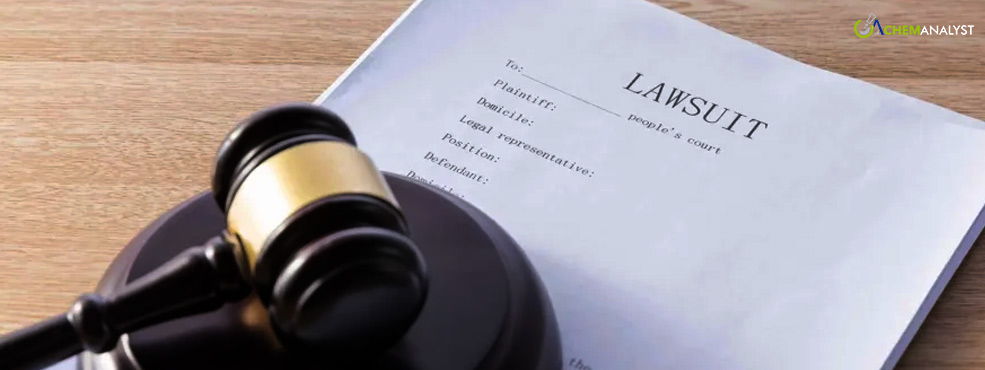Welcome To ChemAnalyst

Environmental advocacy groups are taking legal action against the US Environmental Protection Agency (EPA) in response to its recent decision to delegate authority to the state of Louisiana for the approval of carbon dioxide (CO2) storage wells. This regulatory shift is perceived as a significant development that could potentially expedite the establishment of a carbon capture and storage (CCS) complex along the industrial corridor along the Mississippi River, spanning from New Orleans to Baton Rouge.
As per reports, the lawsuit was filed last week in the 5th US Circuit Court of Appeals in New Orleans. The primary objective of the legal action is to transfer permitting responsibilities back to the EPA, arguing that federal oversight would better ensure the safety and adherence to standards for CCS projects. James Yskamp, an attorney from Earth Justice, emphasized concerns about the potential disparity in regulatory rigor between Louisiana's program and the EPA's standards. The lawsuit, supported by entities like the Deep South Center for Environmental Justice, Healthy Gulf, and the Alliance for Affordable Energy, challenges the EPA's decision made in December 2023, despite objections from environmental organizations. The timing of this legal dispute aligns with the Biden administration's focus on carbon capture technologies to combat climate change, with substantial federal funding and incentives allocated for related projects.
Critics express apprehension that the pursuit of expedited approvals could compromise environmental and community safeguards, particularly in communities predominantly inhabited by Black residents situated near industrial sites. The concerns raised encompass potential risks such as groundwater contamination and health hazards resulting from CO2 leaks, given the invisible nature and potential lethality of the gas.
EPA Administrator Michael Regan has provided assurances regarding consultations and provisions for community protection. However, skepticism lingers regarding Louisiana's capacity to effectively manage the permitting process, raising questions about the adequacy of safeguards in place.
Concurrently, the Louisiana Department of Energy and Natural Resources is preparing to handle approximately two dozen pending well applications. The department anticipates significant operational costs, which are expected to be covered by federal grants and new fees imposed on permit applicants.
This legal and regulatory landscape underscores the complex interplay between environmental advocacy, regulatory decision-making, and the broader push for carbon capture technologies. The ongoing legal action reflects a broader concern among environmental groups about the potential trade-offs between expediting approvals and ensuring robust safety measures, particularly in communities that may be disproportionately affected by industrial activities. As the legal proceedings unfold, the outcomes will have implications for the trajectory of CCS projects in the region and may contribute to the ongoing national conversation about the balance between environmental protection and economic development.
We use cookies to deliver the best possible experience on our website. To learn more, visit our Privacy Policy. By continuing to use this site or by closing this box, you consent to our use of cookies. More info.
